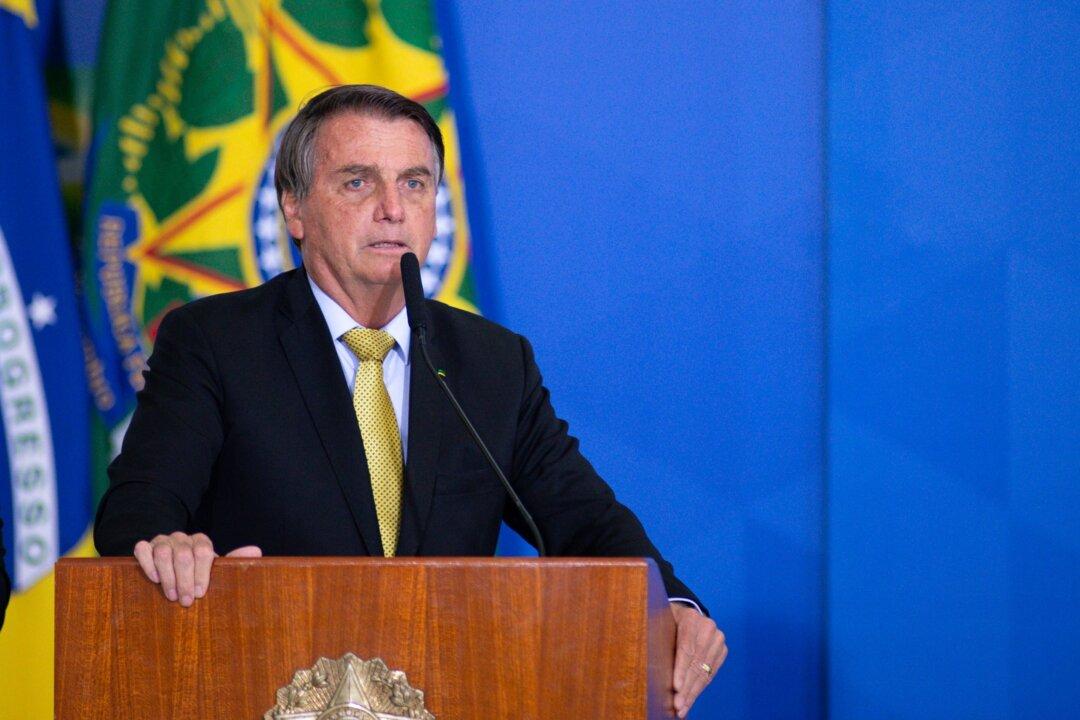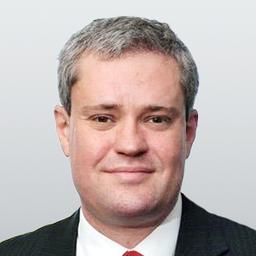Commentary
During the worst of the pandemic in Brazil, Jair Messias Bolsonaro, this brave political leader who has been the 38th President of Brazil since Jan. 1, 2019, fought really hard against far too many mayors and governors.


During the worst of the pandemic in Brazil, Jair Messias Bolsonaro, this brave political leader who has been the 38th President of Brazil since Jan. 1, 2019, fought really hard against far too many mayors and governors.